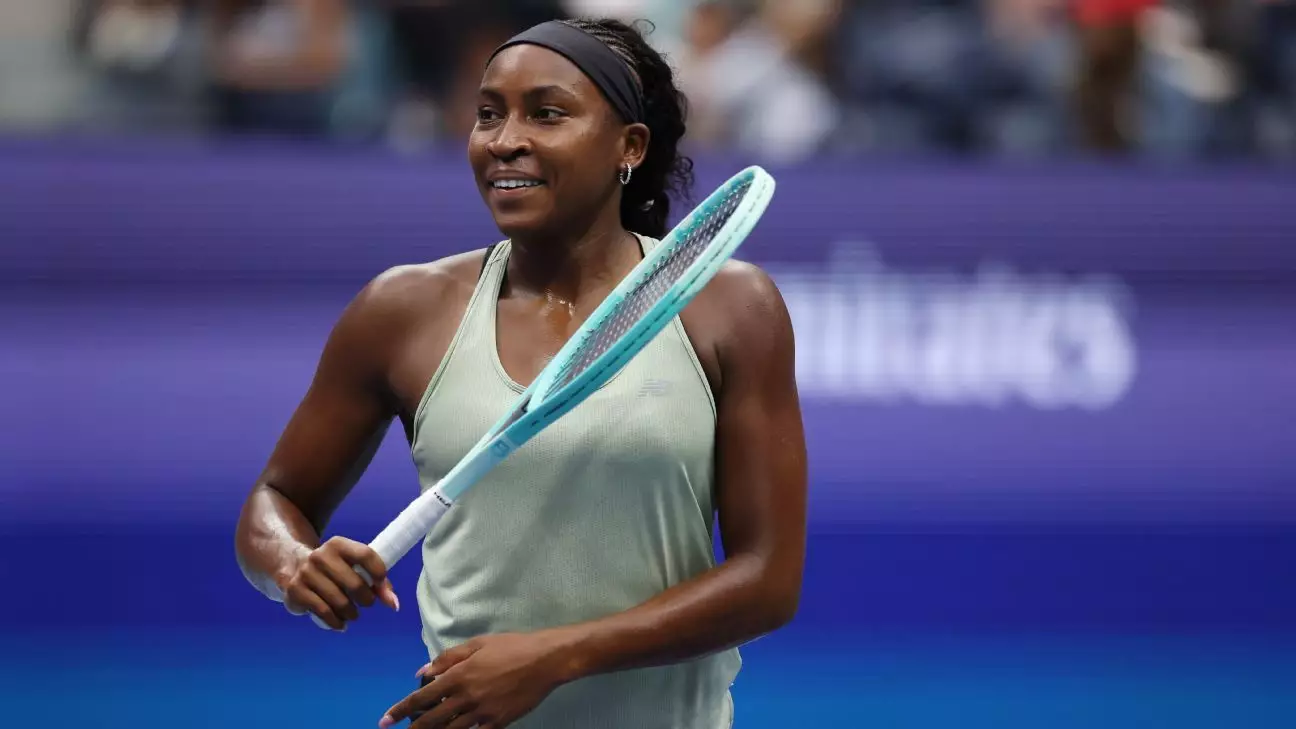Coco Gauff’s decision to part ways with her longtime coach Matthew Daly signals a determined push toward evolution and mastery. At just 20, Gauff’s career trajectory teeters on the precipice of greatness, yet her recent struggles—particularly with her serve—expose the vulnerability that even the most promising talents face. Her willingness to overhaul her coaching team demonstrates a rare self-awareness and a relentless desire to adapt, qualities that are essential for sustained success in elite sports. This intentional pivot isn’t merely about fixing technical flaws; it’s about embracing change as an opportunity for transformation, illustrating that even champions must continuously reinvent themselves to stay at the top.
Strategic Changes Reflect a Deeper Desire for Excellence
The decision to retain Jean-Christophe “J.C.” Faurel and bring in biomechanics expert Gavin MacMillan reflects a calculated strategy aimed at refining Gauff’s technical foundation. MacMillan’s reputation for improving serve mechanics and weaponizing the forehand—especially after Gauff’s infamous yips—shows a clear focus on addressing her most pressing weaknesses. Her recent struggles with double faults, particularly at the Canadian Open, underscore the urgency of emphasizing technical precision. By integrating a biomechanics specialist into her team, Gauff signals her commitment not only to compete but to dominate, recognizing that short-term fixes are insufficient without a solid biomechanical approach that ensures consistency across high-pressure matches.
The Risks and Rewards of a Coaching Shake-Up
Such dramatic coaching adjustments carry inherent risks. It’s challenging to forge chemistry and trust anew amidst the high stakes of a major tournament like the US Open. Yet, this upheaval may serve as a catalyst for breakthrough performance. Historically, athletes who are unafraid to abandon what no longer serves them often unlock hidden potential. For Gauff, this could mean overcoming her serve’s inconsistency and translating her formidable groundstrokes into a more reliable weapon on the court. The timing of this change—just days before the start of the Open—might seem untimely, but it could also ignite a surge of confidence and focus. The true test lies in her ability to adapt quickly and harness the fresh perspectives her new coaching team offers.
What This Means for Gauff’s Future and the Sport
In a broader sense, Gauff’s coaching shuffle is emblematic of the relentless pursuit of excellence that defines modern tennis. It underscores that success isn’t static; it’s a continuous journey of fine-tuning, resilience, and mental fortitude. Her willingness to make difficult decisions without hesitation demonstrates a maturity that’s often underestimated in young athletes. This bold move might be the strategic push she needs to finally convert her considerable talent into consistent major victories. As she prepares to face the US Open and beyond, her evolution could serve as an inspiring example for peers and aspiring players: that victory belongs not only to those with innate talent but also to those brave enough to reimagine their approach and confront their shortcomings head-on.

